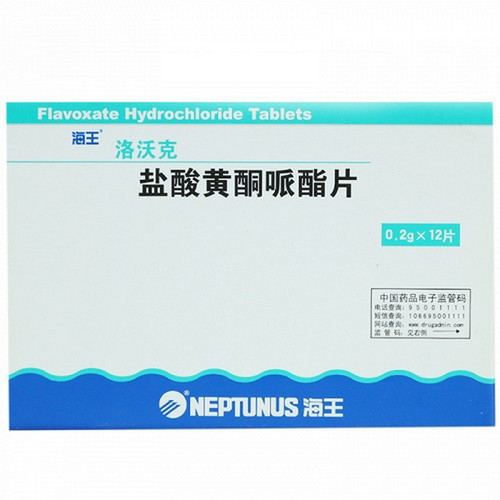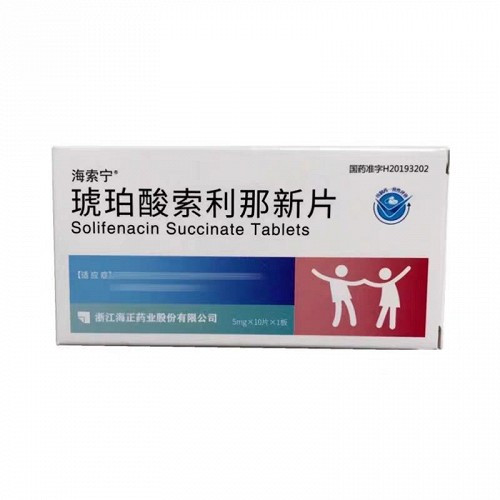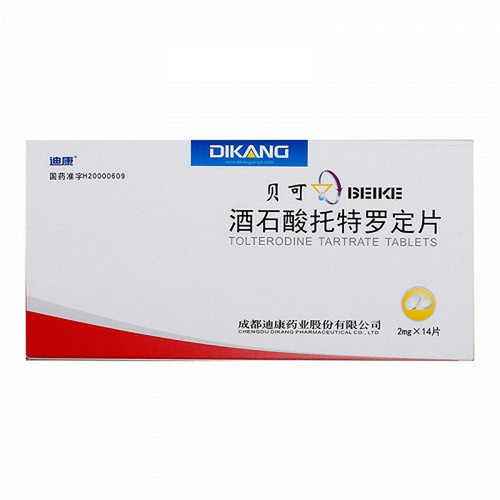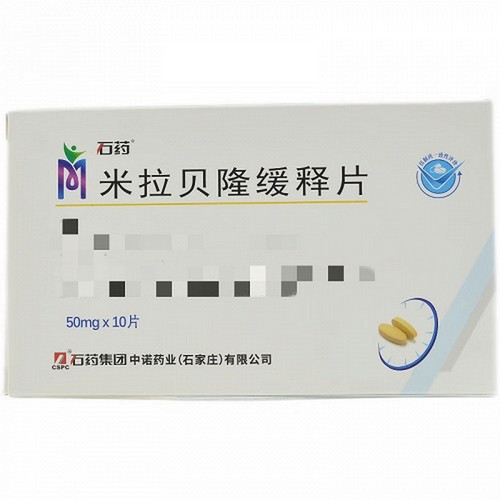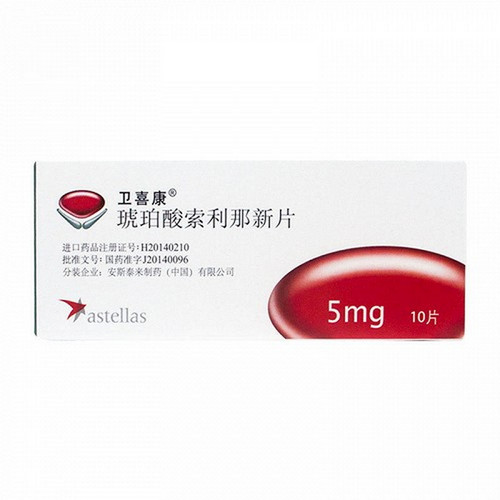Product Overview
[Drug Name]
Generic Name: Hexamethylenetetramine Hippurate Tablets (JD.com Exclusive)
Trade Name: NiaoYanQing MaNiaoSuanWuLuoTuoPin Tablets (JD.com Exclusive) 0.5g*12 Tablets
Pinyin Code: NiaoYanQing MaNiaoSuanWuLuoTuoPinPin (JD.com Exclusive) 0.5g*12 Tablets
[Main Ingredients]
The main ingredient of this product is hexamethylenetetramine hippurate.
[Properties]
This product is a white tablet.
[Indications/Main Functions]
This product is used for the prevention of lower urinary tract infections and is suitable for patients with indwelling catheters after urinary tract surgery and cystoscopy.
[Specifications]
0.5g*12 Tablets
[Dosage and Administration]
Oral. 1. Adults: 1.0g twice daily (morning and evening). 2. Children: Children 12 years and older: 1.0 g twice daily (morning and evening); Children 6-12 years: 0.5-1 g twice daily (morning and evening).
[Adverse Reactions]
Occasionally, gastrointestinal discomfort, nausea, vomiting, lower abdominal pain, dysuria, frequent urination, burning sensation at the urethral orifice, hematuria, proteinuria, dysuria, cystitis, and drug rash may occur. Severe cases may cause kidney and bladder damage.
[Contraindications]
1. This product is contraindicated in patients with allergies to this product or its ingredients. 2. This product is contraindicated in patients with severe hepatic or renal insufficiency or dehydration.
[Drug Interactions]
1. When used in combination with sulfonamides, this product decomposes in urine to form formaldehyde, which may cause some sulfonamides to form insoluble precipitates and increase the occurrence of crystalluria. 2. Antacids containing magnesium or calcium, carbonic anhydrase inhibitors, citrates, sodium bicarbonate, thiazide diuretics, etc. can alkaline the urine and affect the efficacy of this product.
[Precautions]
1. Use with caution in patients allergic to aspirin. 2. Regularly monitor urine pH and maintain an acidic urine profile (preferably below 5.5). To maintain a urine pH below 5.5, avoid citrus fruits, milk, cheese products, and other alkaline foods. Supplement with large amounts of vitamin C (≥ 4g daily), hydrochloric acid, and arginine. Alternatively, administer ammonium chloride or sodium diphosphate (high doses of ammonium chloride are contraindicated in patients with impaired renal function as they may cause metabolic acidosis; this is also contraindicated in patients with impaired liver function) to acidify the urine. 3. Taking this product with sodium bicarbonate may reduce adverse reactions, but this may also reduce its efficacy. 4. Interference with laboratory test indicators: This may increase the measurement error of urinary catecholamines, urinary estriol (acid hydrolysis method), and urinary 5-hydroxyindoleacetic acid. 5. The decomposition of microorganisms in urine (such as Proteus mirabilis, certain Pseudomonas species, and Enterobacter) may increase the urine pH and reduce the efficacy of this drug. 6. This drug may cause dysuria, which can be relieved by reducing the dose or acidifying the urine. 7. High doses of this drug (8g daily for 3-4 weeks) may cause bladder irritation (dysuria, frequent urination), proteinuria, and gross hematuria. Please read the package insert carefully and use as directed by your doctor.
[Pediatric Use]
There is no data on the tolerability of this drug in children under 6 years of age; therefore, use with caution.
[Elderly Use]
The dose of this drug should be adjusted according to renal function in elderly patients.
[Overdose]
The maximum daily dose is 4g. High doses of this product (8g daily for 3-4 weeks) may cause bladder irritation (dysuria, frequent urination), proteinuria, and gross hematuria, and may even cause liver and kidney toxicity.
[Pharmacology and Toxicology]
This product itself has a weak antibacterial effect. However, upon entry into the body, it hydrolyzes into hippuric acid and formaldehyde in acidic urine (pH approximately 6.5). Formaldehyde denatures pathogen proteins, exerting a nonspecific antibacterial effect. The concentration of formaldehyde in urine can have either bactericidal or bacteriostatic effects depending on pH, urine volume, and excretion rate. Hippuric acid maintains urine acidity and promotes formaldehyde release. Almost all bacteria and fungi are sensitive to the nonspecific antibacterial effects of formaldehyde produced by hydrolysis of this product.




